How One Business Owner Empowers Her Team To Think And Act Like Owners In 2006, Aimee Woodall set off from Georgia on a 2,190-mile adventure to hike the Appalachian Trail. Alone. Woodall was inspired to tackle the five-month trek a year earlier when she inadvertently struck up a conversation with a couple of hikers in the town of Hot Springs, NC. While Woodall, a native of Houston, Texas, wasn’t much of a hiker at the time, she wasn’t going to let that fact get in the way of beginning an epic adventure. “It’s my personality to dive into things in an extreme way,” says Woodall. “And I like the challenge of jumping into something cold turkey. I don’t let fear get in my way.”
Read More
Each of these social sector organizations; Community Partnership of the Ozarks, Pregnancy Care Center, and Victory Mission + Ministry are part of a growing community of Great Game™ practitioners who have reimagined capitalism as a transformational force for good. Each year, the Great Game Community recognizes organizations like these who have the courage to do business differently. They are using the power of business to transform their associate's lives and the communities which they serve, for the better. They are part of a movement that's trying to 'Change the Game'.
Read More
I hear it almost every day: “But we are different…” or “That could never work with our organization because…” Five years ago as the CEO of a well-established nonprofit agency, I used those excuses when approached by one of my board members, Tim Stack, about using the Great Game of Business in my nonprofit. Tim was the General Manager of one of the SRC subsidiaries and literally grew up with the Great Game of Business. Over the next four years, he worked one-on-one with me to break down all of the misconceptions that I had about why nonprofits could not apply the same principles found in The Great Game of Business. I had a Master’s in Nonprofit Management and was never exposed to the concepts that Tim was discussing with me.
Read More
Charities are not like organizations in the private sector because they can’t just sell more widgets or raise their prices to improve the “bottom” line. The reality is that they have inflows and outflows just like any other business and do have a “bottom line", it just can’t be called the “p-word” (profit!).
Read More
“My business is unique. I’m not sure Great Game® will work here.” For-profit businesses of every size, shape, and industry have embraced the Great Game of Business over the past 35 years. Now, lessons learned by SRC have spread into the nonprofit and social sectors in a program called the Great Game for Social Sectors. In recent years, leading organizations such as Missouri Southern State University (MSSU), Big Brothers Big Sisters of the Ozarks (BBBSO) and Greene County, Missouri have embraced the open-book management principles taught by the Great Game as a way to improve their financial sustainability. Since the launch of the Great Game for Social Sectors in February 2017, 24 organizations have adopted the proven principles of the Great Game to transform their not-for-profit organizations.
Read More
At The Great Game of Business®, we love to see the progress of our practitioners and hear about their Great Game journeys. Check out the video below featuring Big Brothers Big Sisters Lone Star's live Huddle from the BBBS National Conference as they reveal results from their first year of implementing the Great Game.
Read More
At the end of the day, can you declare victory within your business if the only thing you accomplish is making a profit? For me, the answer was no, but I worked for a nonprofit - Big Brothers Big Sisters of the Ozarks. Not-for-profit organizations like ours are typically created because there is not a market for their services in the private sector. They exist for more than just making money, but I couldn’t help but wonder whether other companies exist for reasons like this as well. Some call it their “noble cause,” others call it “triple bottom line,” but typically successful open-book management companies know their “why” and have a Critical Number TM tied to it.
Read More
The turnaround story of Springfield Remanufacturing Company (SRC) that began back in 1983 has become an inspiration to thousands of businesses around the world. The key was using the analogy of a game – with rules, a scorecard, and rewards for winning – to help explain to every individual in the company how they could literally impact the bottom line. That premise became the foundation for a management system that’s now known as The Great Game of Business (GGOB) that, at its heart, is all about financial sustainability.
Read More
Greene County, MO is the first county government organization to attempt to apply the theories of the Great Game of Business to their organizational culture. Unfortunately, this does not come without some new barriers. Being a government organization, Greene County cannot give out bonuses or gain buy-in through equity. How does Greene County expect to move forward in The Great Game without one of its key components?
Read More

.png)

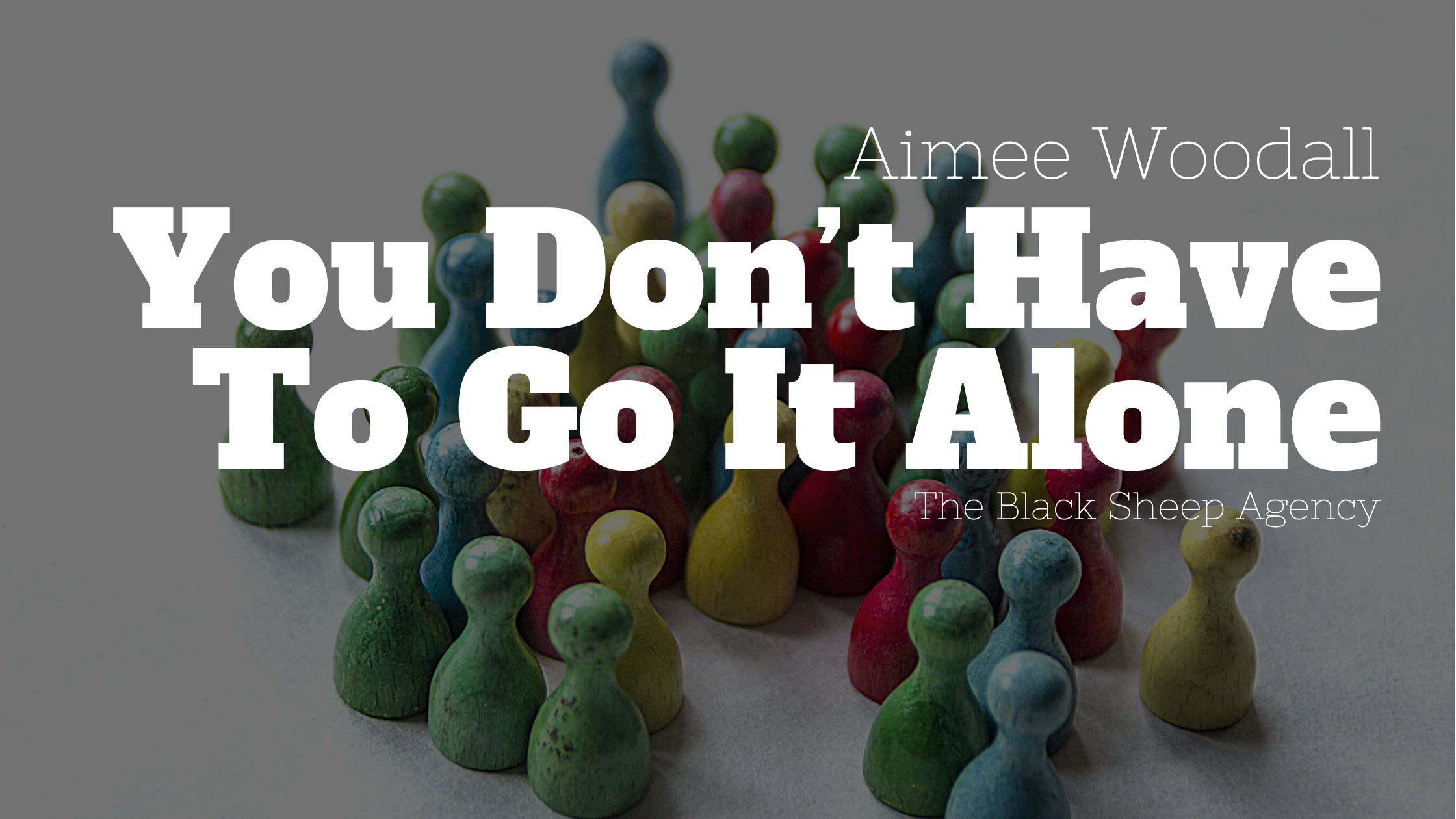

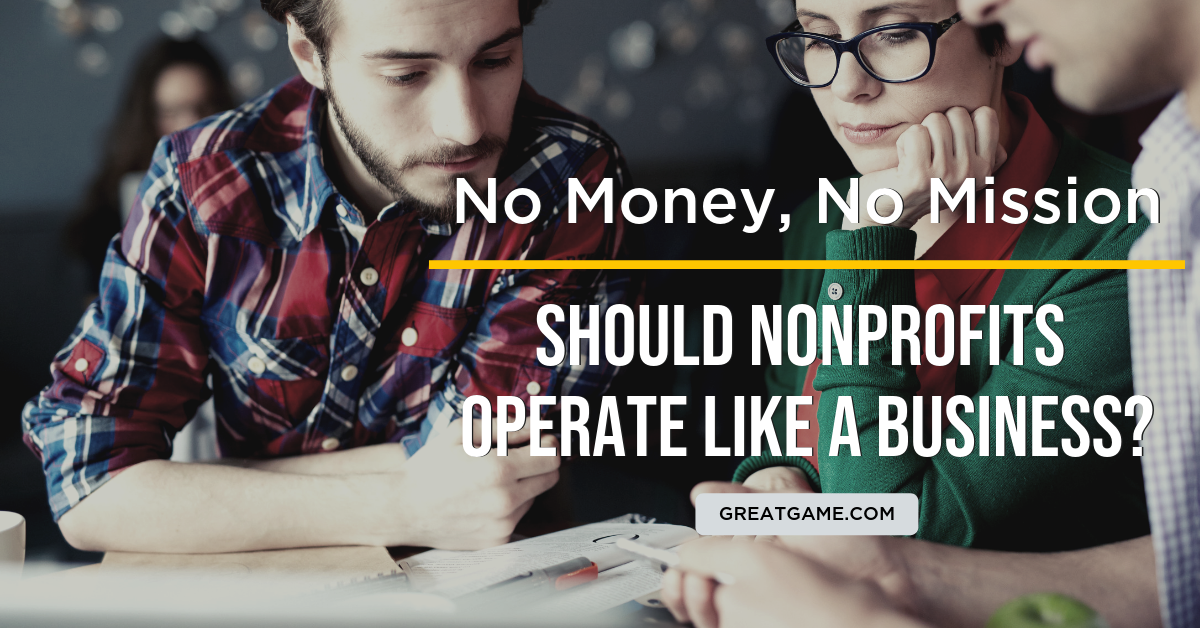



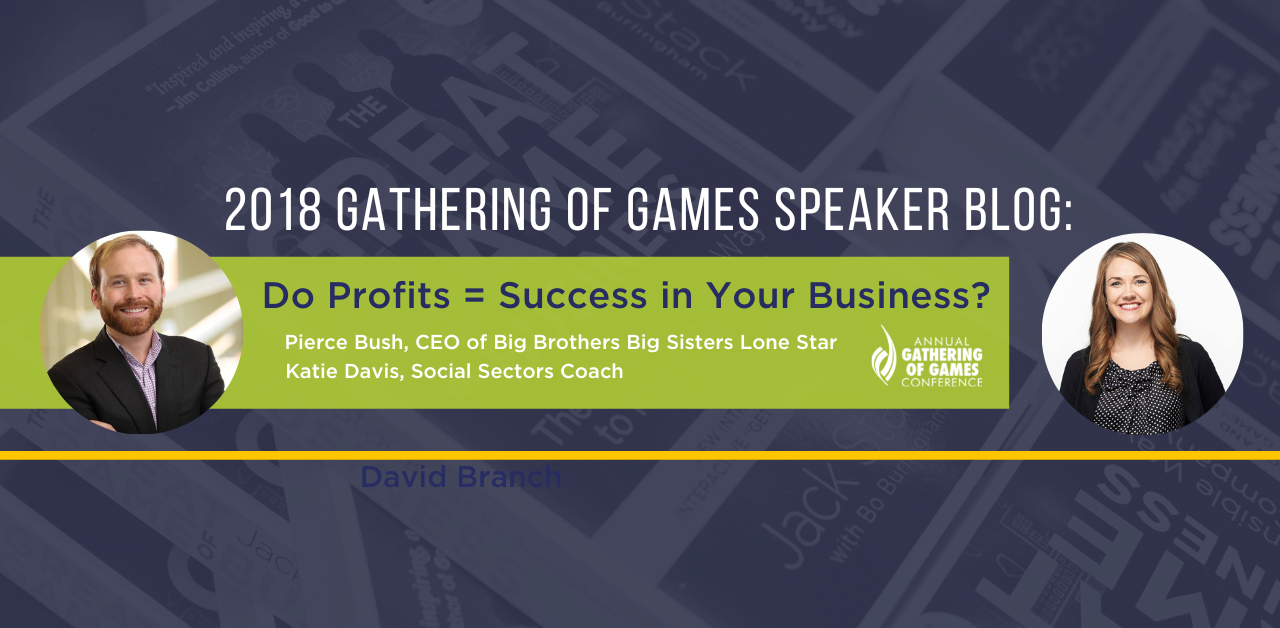
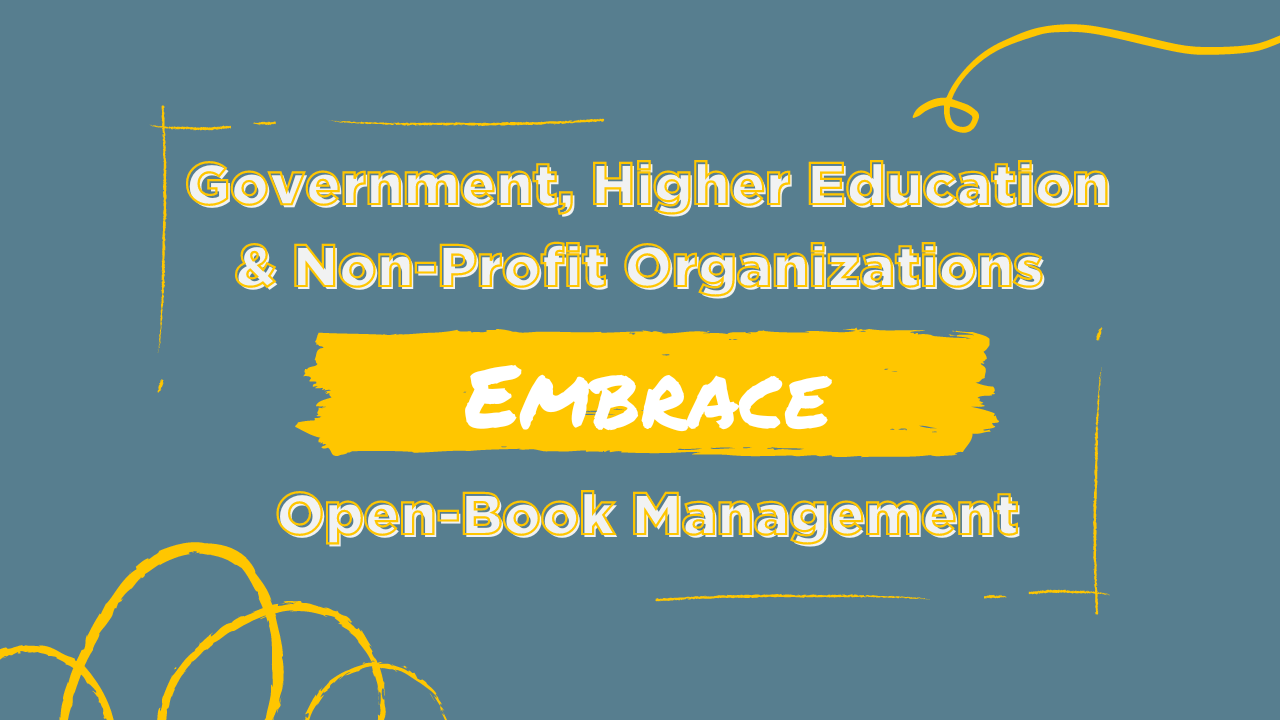





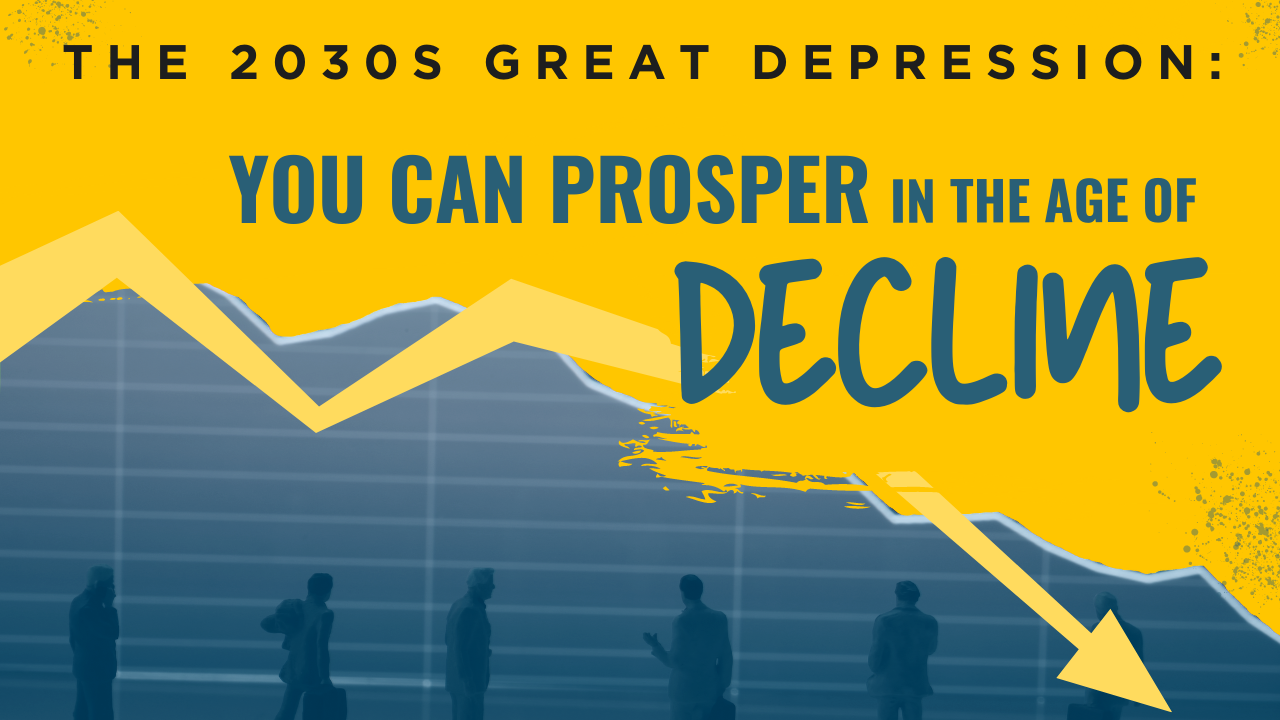



.png)

